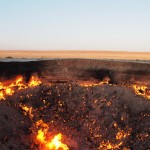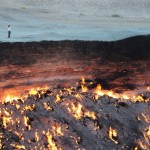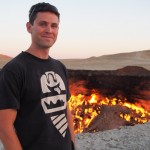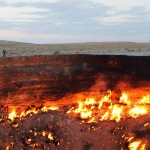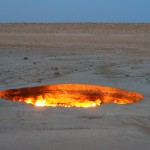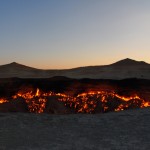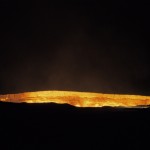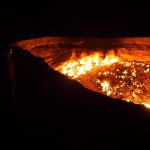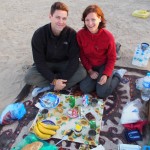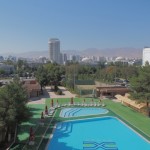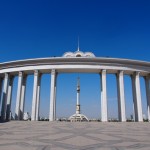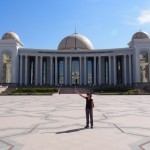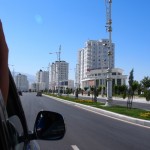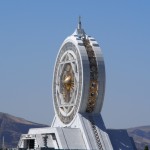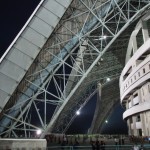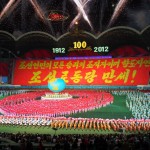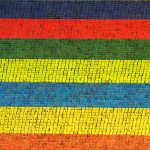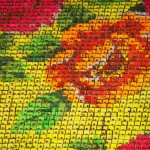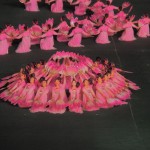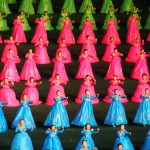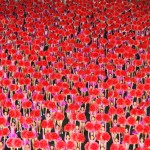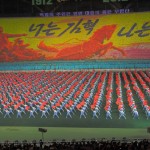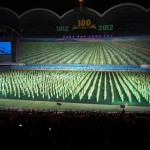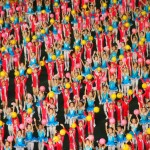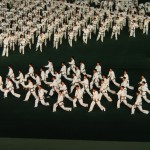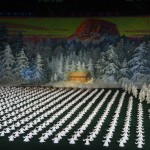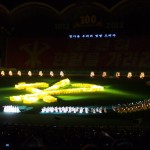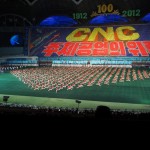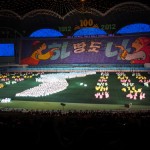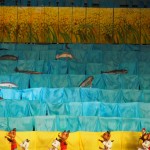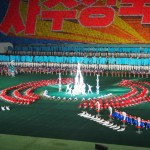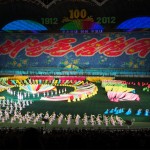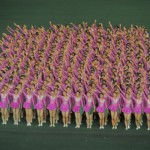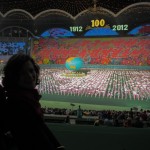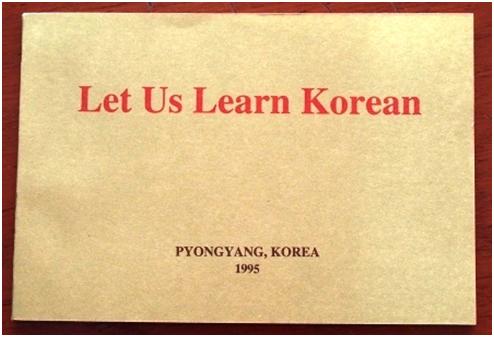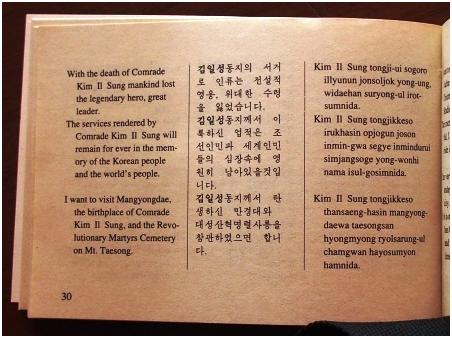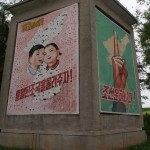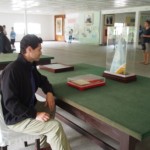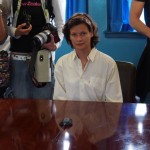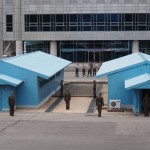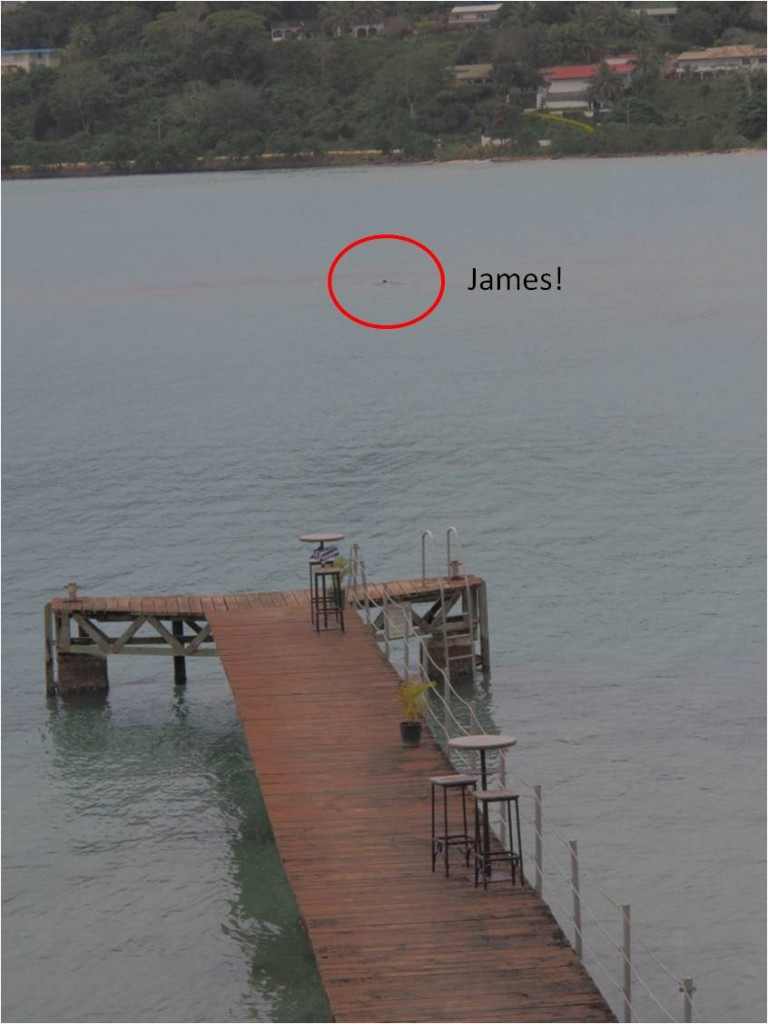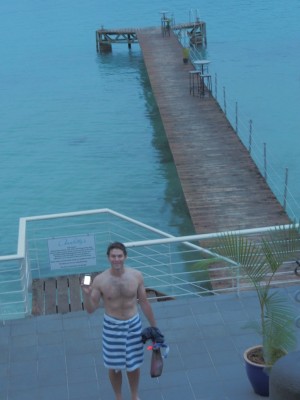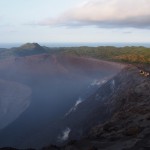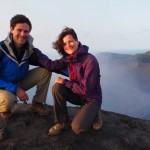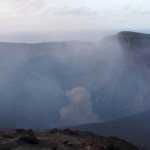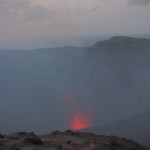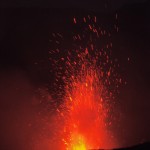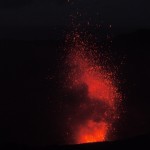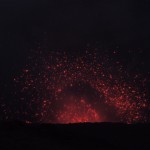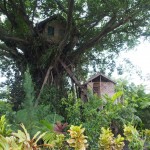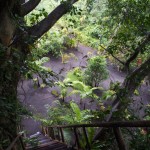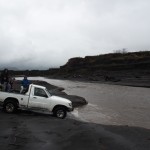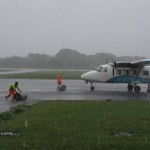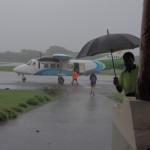Continuing the theme of a school trip, Group A (that’s us) was taken on an informative visit to see how the Korean manufacturing and economic miracle works. As ever for North Korea, this was partly extraordinarily mundane, and partly extraordinary. As ever, the information that crept around the main message was as interesting as, if not more interesting than, the message itself.
Now, I don’t want to be a Western cynic here – after all, with the wrong mindset it is possible to come away from any experience with negative preconceptions confirmed. In the West (and particularly in America) we are fed so much of our own propaganda about socialism that it is difficult to keep an open mind. I have a theoretical understanding (but no direct experience) of centrally planned economies, and would love the opportunity to have an open discussion with a knowledgeable Korean economist about how things work there. As it was, we were left to form our own opinions from the following vignettes:
The Collective Farm: we were shown round a model farm, including a visit to a model farm worker’s house. So far, so good: corn was drying in neat rows on the ground and the place was surrounded by neat fields. There was, of course, a large statue of Kim senior, who came here to dispense “Juche” wisdom back in the day. There were also worker’s schoolrooms for farming education and a whole range of other wonderful facilities. All impressive, but … we were shown round by a lady in high heels and national dress (which to Western eyes looks like, erm, a fancy ball gown). The corn was in extremely neat rows, and from the number of cigarette butts therein, it had been in neat rows for some time. Was it a farm or a museum? What was it all for?
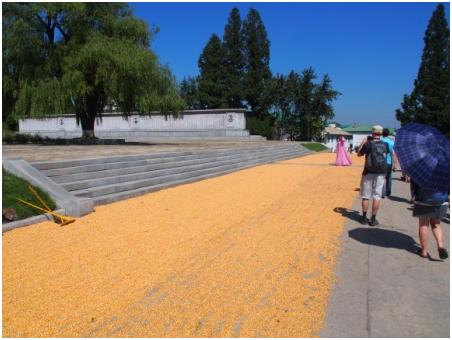
The Mineral Water Factory: an impressive factory. At least it must be, when it is working – the place was utterly deserted. Lucy used to spend time at her father’s factory when she was little and I spent a happy two years at university touring manufacturing facilities for my degree, and we both have an idea of what factories look like. This place was impressive, but deeply strange. It was spotlessly clean (but not running – Monday is maintenance day, apparently, and it was lunch time so nobody was there). There were lots of long impressive-looking conveyor belts to move the bottles around between the machines (but long impressive-looking conveyor belts are actually a waste of space and energy – just put the machines right next to each other). They were selling fizzy and still mineral water in glass and plastic bottles (but the line looked set up for glass bottles only, and the visit wasn’t really set up for us to be able to ask questions about it). Again, it was utterly empty.
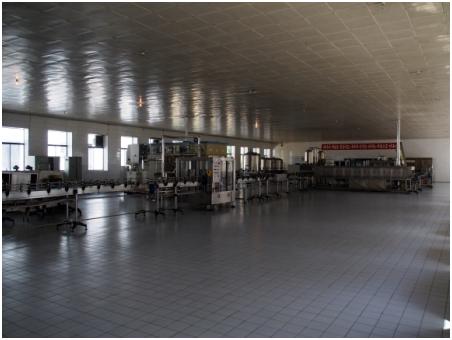
The Model Fruit Farm: acres of orchards producing apples, and a factory producing apple products. We were walked a couple of hundred yards up a tarmac path to a viewing platform on a hill, from where Kim Junior surveyed the orchard and declared it good. And it was good – apples grow well in the Korean climate, and if you have to produce one fruit the apple is probably best. Korean apples are actually very tasty. The weirdness here was a minor detail. The tarmac was surrounded by a gravel border, then grass, then a low hedge, then the countryside. Of course the grass was neatly cut (I expect by hand – you see large groups of people in Pyongyang parks squatting to cut the grass with hand sickles). The weird bit was the gravel: I don’t know who noticed it, but each piece of gravel on both edges of the border had been lined up in a neat row, by hand, for the entire length of the tarmac path.
The Terrapin Factory. The dear leader had declared that Korea should produce terrapins for food. Terrapins used to be an item reserved only for kings, and I expect the logic was that if the people have terrapins then they will feel that socialism is providing them with luxury items (which, of course, it will be). As such, we were taken to a large new breeding and growing facility, with dozens and dozens of large tanks. Four words: Where Are The Terrapins? We saw a very few tanks full of tiny terrapins, and a few tanks full of larger frogs. I looked through the window of an adjoining facility and saw some larger tanks, with a total of four larger terrapins. Now, in the West this would be seen as a disaster – a large, empty, expensive facility. However, in the socialist world it is possible to take a long term view, build a large and expensive facility and work out how to grow terrapins later. Perhaps this is what was happening? I don’t know. If so, I feel sorry for the manager of the facility, handed such an expensive piece of kit with limited prior knowledge and told to succeed at all costs.
Overall, I feel extraordinarily sorry for the central planners. Picture yourself strolling through a medium sized supermarket – your local Tesco, perhaps. Now imagine how you and your colleagues could possibly design and build a complete, centrally-controlled system designed to grow, process, package, distribute and sell every single item on the shelves. Imagine trying to control stock keeping, expiry dates, product updates, harvest failures, staff turnover, everything. Now imagine trying to do the same for heavy industry. And light manufacturing. And defense. And the arts. And keep people happy while you do it. Perhaps I am displaying enormous ignorance as to how centrally-planned economies work, but I just can’t see how they can possibly function effectively.

